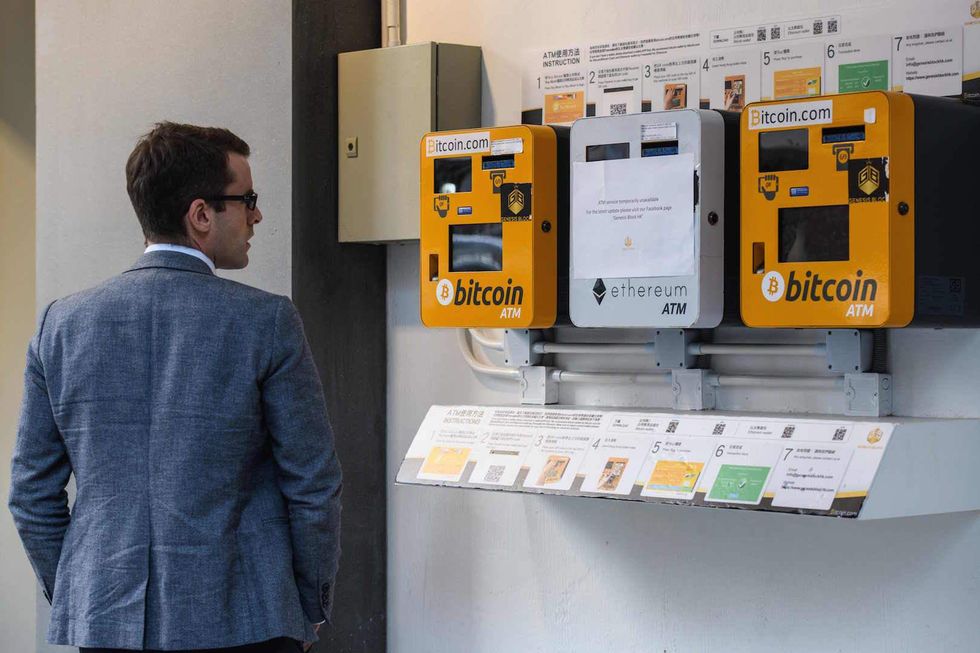
Central banks could soon start holding digital currency, including bitcoin and Ethereum — as part of their reserves in 2018. (Anthony Wallace/AFP/Getty Images)

According to the CEO of the most widely-used bitcoin wallet company in the world, central banks will likely start holding digital currency — including bitcoin and Ethereum — as part of their reserves in 2018.
In an interview with CNBC, Blockchain CEO Peter Smith indicated that he believes that central banks will not be able to avoid including digital currency as part of their reserve portfolio for much longer.
The purpose of the central banks’ reserves — which typically consist of things like gold and foreign currencies — is to protect their financial solvency in the event of major market shocks or currency collapse.
According to Smith, bitcoin is already one of the top 30 currencies by supply in the world, which will put pressure on central banks to begin holding it.
CNBC also noted that some central banks in the Middle East have already begun researching their own digital currency for cross-border trades.
Not everyone, however, is so bullish on the normalization of cryptocurrency. In an October interview, European Central Bank President Mario Draghi said that bitcoin and other digital currencies are not “mature” enough to be considered by the ECB for regulation.
However, Smith is not alone in his prediction. Former South African Reserve Bank banker Eugene Etsebeth also recently predicted that central banks would begin carrying digital currency this year.
Specifically, Etsebeth predicted that it would be a tipping point for central banks “when the bitcoin market capitalization exceeds the value of all [special drawing rights] that have been created and allocated to members (approximately $291 billion),” and that another would be when bitcoin became the largest international currency in market cap. Etsebeth predicted that both of those events would occur in 2018.
If central banks do begin adding digital currency to their reserves, then investment in digital currency will likely become much more widespread, as more mainstream investment firms will likely respond by adding digital currency to their investment tranches.